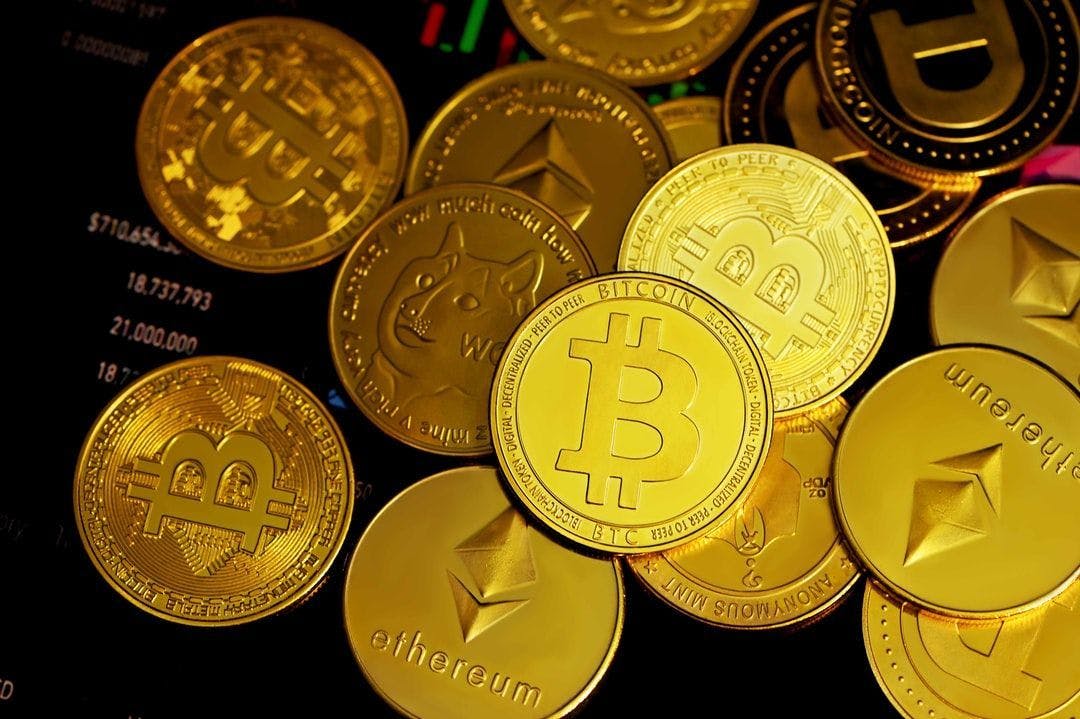1,033 reads
Crypto A to Z: Cryptocurrency Glossary
by
July 20th, 2022
Audio Presented by

Content Marketing Strategist. Well versed in Blockchain, Cryptocurrency and Web3.
About Author
Content Marketing Strategist. Well versed in Blockchain, Cryptocurrency and Web3.
